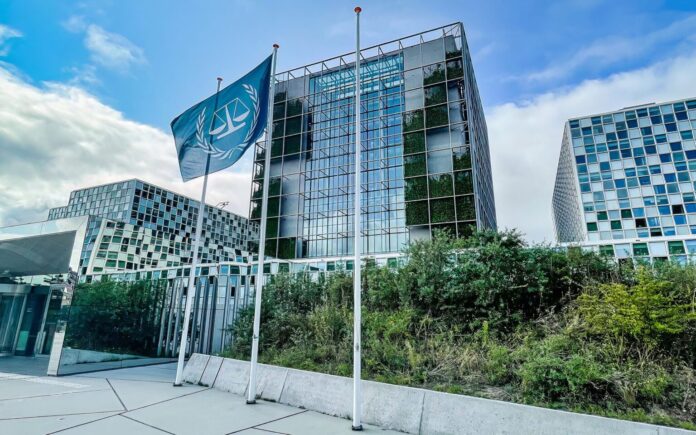By: Seringe ST Touray
The International Criminal Court (ICC) has firmly rejected the sanctions imposed by the United States on some of its senior officials, denouncing Washington’s move as a grave assault on the Court’s independence and on the global fight against impunity.
In a statement issued on August 20th, the Court described the sanctions as “a serious attack” not only against its judges and prosecutors but also against the 125 States Parties to the Rome Statute and the millions of victims of atrocities who depend on the Court for justice. It stressed that it would continue its work “without intimidation or discouragement” and called on governments and defenders of the rule of law to stand firmly in support of its mandate.
The ICC’s reaction comes one day after the U.S. government announced sweeping sanctions against four senior officials of the Court, including Senegalese Deputy Prosecutor Mame Mandiaye Niang and French Judge Nicolas Guillou. Also named were Kimberly Prost of Canada and Nazhat Shameem Khan of Fiji.
U.S. Secretary of State Marco Rubio said the designations were made under Executive Order 14203, signed by former President Donald Trump, which permits punitive measures against foreign persons engaged in ICC proceedings against U.S. or Israeli nationals without their governments’ consent.
“The United States has been clear and steadfast in our opposition to the ICC’s politicization, abuse of power, disregard for our national sovereignty, and illegitimate judicial overreach,” Rubio declared. He described the Court as “a national security threat that has been an instrument for lawfare against the United States and our close ally Israel.”
The sanctions freeze any assets the designated officials may hold in the U.S. and bar Americans from engaging in transactions with them. Washington insists the measures are necessary to safeguard its sovereignty and shield allies from politically motivated prosecutions.
The move follows the ICC’s Pre-Trial Chamber I decision earlier this year authorising arrest warrants against senior Israeli leaders over alleged crimes in Gaza, a ruling that sparked strong backlash in Washington. Judge Nicolas Guillou sits on that chamber, while Deputy Prosecutor Niang, a Senegalese national, serves under ICC Prosecutor Karim A. A. Khan. Contrary to some speculation, Niang has not succeeded Khan as Prosecutor.
The targeting of Niang has placed Senegal in the spotlight. Dakar currently chairs the UN Committee on the Exercise of the Inalienable Rights of the Palestinian People, and observers say the country may now face calls to respond, given its dual role as an ICC member state and a leading voice on Palestinian rights.
Critics argue that sanctioning judicial officials undermines the independence of international justice and sets a dangerous precedent. The ICC’s latest statement reinforces this concern, stressing that the Court will press ahead with its mandate despite U.S. pressure.
The standoff highlights a widening rift between Washington and The Hague over the scope of international criminal law, with Senegal directly drawn into the diplomatic fallout through its national serving in the ICC’s top leadership.




